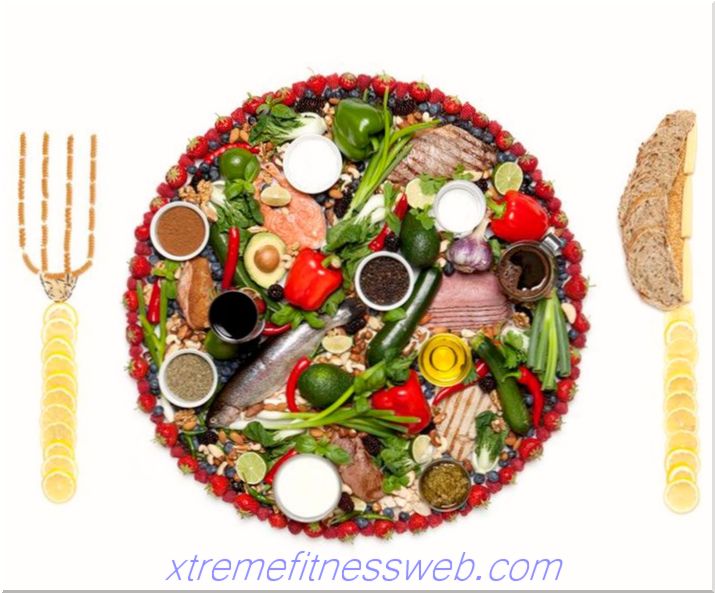- Bananas after a workout - to eat or not to eat?
- How many calories are in a banana?
- Why are bananas a lot of sugar?
- Do bananas belong to diet foods "> What are bananas good for?
- Are bananas harmful to health?
- Are there chemicals in bananas?> Conclusion

Some consider banana to be a dietary product, while others consider this fruit a real high-calorie bomb. To understand how bananas are useful or, conversely, harmful to health and silhouette, you need to know everything about the composition and calorie content of this fruit.
Content
- 1 Bananas after exercise - eat or not eat> 2 How many calories are in a banana?
- 3 Why are bananas a lot of sugar?
- 4 Do bananas relate to diet foods?
- 5 What are the benefits of bananas?
- 6 Are bananas harmful to health?
- 7 Are there chemicals in bananas?
- 8 Conclusion
Bananas after a workout - to eat or not to eat?
This fruit is an excellent source of calcium and carbohydrates for those involved in weight training. However, you can not be limited to bananas. Having eaten the average fetus after the completion of the training, one should not forget about the portion of the protein shake for muscle building.
For people with a carbohydrate-free diet, bananas are more a dessert than a healthy fruit. A medium-sized fruit contains over 15 grams of sugar. This is a fairly high concentration.
How many calories are in a banana?
A small banana weighing 140 grams contains almost 120 kcal. Over 30 grams by weight of such a fruit are carbohydrates, half of which is sugar. The amount of protein is 1.5 grams, and fiber is about 3 grams, that is 14% of the daily norm.
Bananas do not bring a lasting feeling of fullness. They have a low glycemic index, but because of the high sugar content they increase the glucose level, which leads to arousal of appetite.
Why are bananas a lot of sugar?
The amount of high concentration of simple carbohydrates is the result of artificial ripening of fruits. They are collected in green, transported in a chilled environment, ripening in a special chamber, kept for a couple of days at normal temperature.
This process leads to the fact that starch with fiber is converted to simple carbohydrates. Consequently, the percentage of sugar in fruits sold at points of sale is quite high.

Do bananas belong to diet foods "> What are bananas good for?
Long transportation and artificial ripening are factors that affect the composition of the fruit not for the better. However, the fruit retains a sufficiently large amount of vitamins and nutrients.
A medium-sized banana contains from 15 to 17% of the daily requirement for vitamin C, about 22% in vitamin B6, 16% in manganese, 12% in potassium, 8% in magnesium. And if carbohydrates are present in it in a high ratio, the amount of fatty acids and protein does not exceed even 1 gram.
Are bananas harmful to health?
There is a category of people whose banana increases blood viscosity. The result is a decrease in blood flow to some parts of the body. This is especially dangerous for people with varicose veins. For men, this is fraught with the appearance of problems with an erection.
According to Harvard Health Publications, eating bananas in some people leads to bloating. To exclude this fruit from the diet is for those who suffer from irritable bowel syndrome, since it can aggravate this disease.

Are there chemicals in bananas?> Conclusion
Bananas as a source of carbohydrates are primarily useful for strength athletes to close the carbohydrate window. The harm of this fruit is the damage to the ecology and health of some people.







